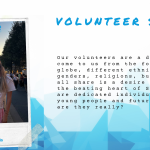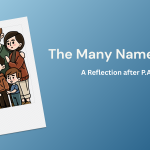“How Illiterate Afghan Refugees Integrate into French Society” was the title of a paper I wrote to obtain my diploma in Social Action & Migration from the Catholic Institute of Paris. In this research, I used three methods: bibliographic research, interviews with seven refugees, and my personal experience, both as someone who has gone through the asylum-seeking process, obtained refugee status, and worked with refugees at STCP and other associations.
To understand the integration process of the interviewees, I asked questions about how they learned the French language, their communication with French people, their experience tasting French food, finding employment, and obtaining stable housing. Here, I would like to briefly address the linguistic integration of the refugees.
According to the results of my study, the refugees make significant efforts to learn French, whether by watching YouTube channels, participating in language programs provided by associations like STCP, or interacting with French speakers. However, these efforts are often insufficient. They require long-term, customized, and purposeful programs to become fluent in French.
There are some French courses provided by the French Office for Immigration and Integration (OFII), but they are not enough. These programs often focus more on fulfilling the required number of hours than on the actual outcomes of the training. For instance, one interviewee attended only 15 days of OFII language classes, after which the instructor encouraged him to take the test and receive a certificate of completion. This man received his refugee status in 2019, yet he still struggles with the French language and depends on others to read his mail.
Another interviewee attended one month of OFII classes, and another received 400 hours of instruction. Despite this, they all still lack sufficient proficiency in French.
One of the most problematic, and arguably unjust, elements of the OFII language programs is the class format: individuals with vastly different educational backgrounds are placed in the same group. How can someone with no formal education be expected to learn French in the same way or at the same pace as someone with a bachelor’s degree?
At STCP, one of our core missions is to support asylum seekers and refugees in integrating into French society. Drawing on the findings of my research and my own experience as both a refugee and a staff member at STCP, we aim to adapt our language exchange sessions more closely to the needs of our beneficiaries. They need to learn not only the French language but also the culture, society, and history to integrate successfully.
This can be achieved with the help of our dedicated volunteers. In the next issue of L’Engage Newsletter, I will share a report on our language exchange sessions over the past seven months of Jan-Jul 2025.



